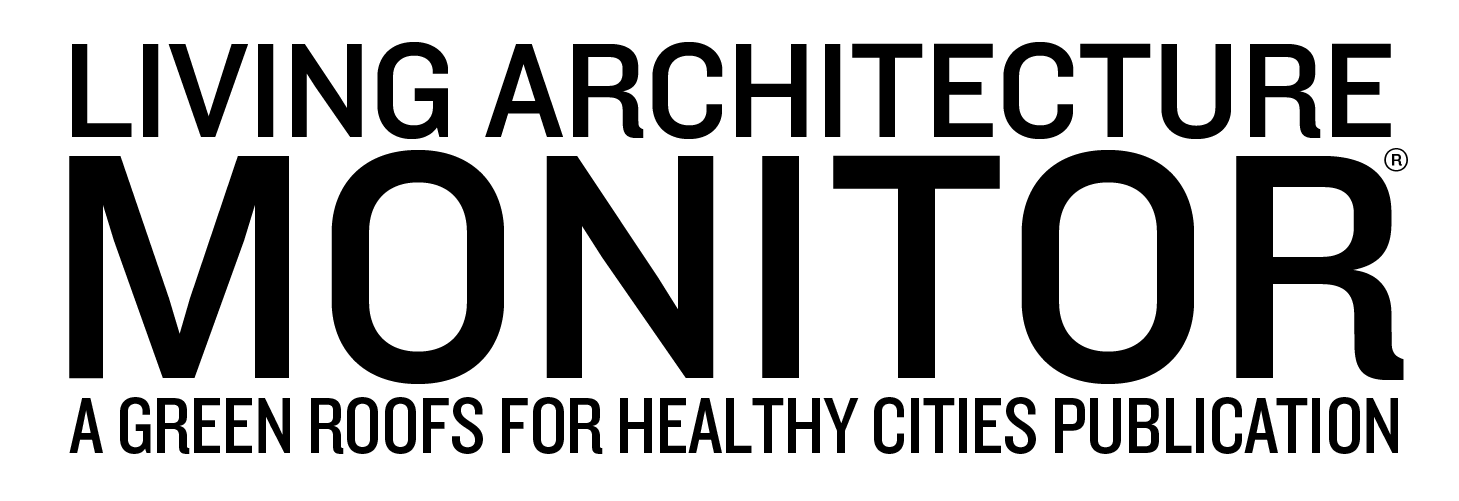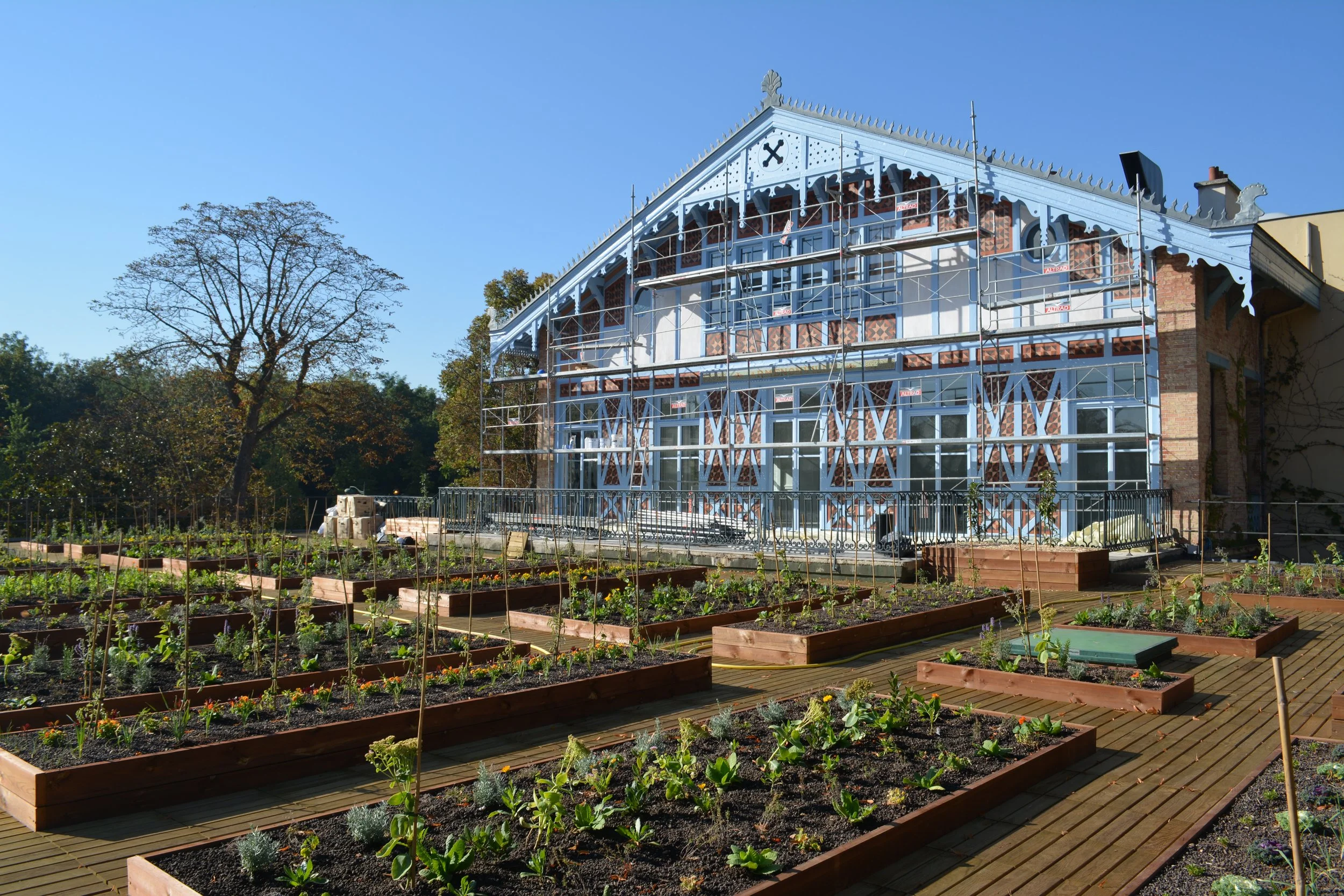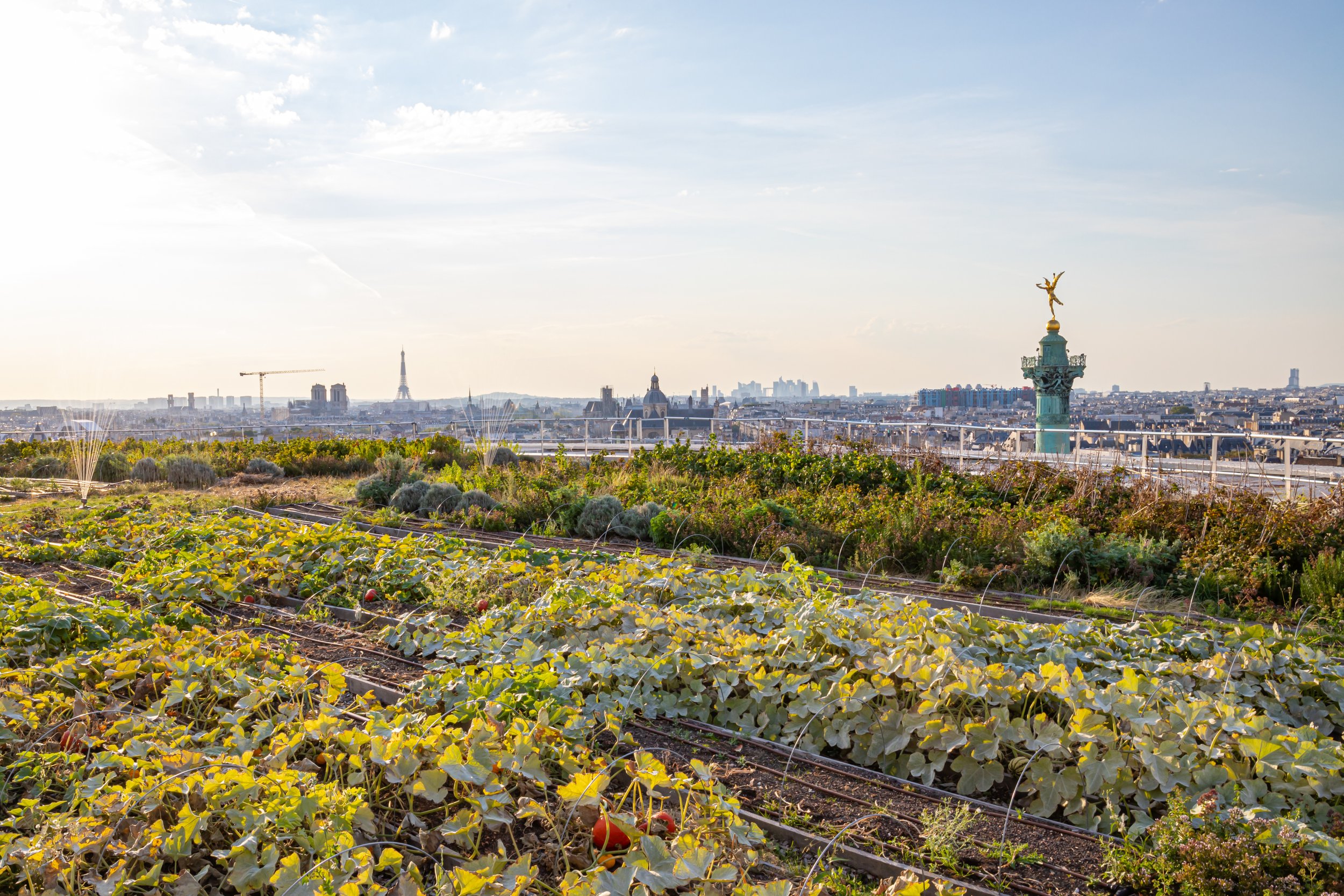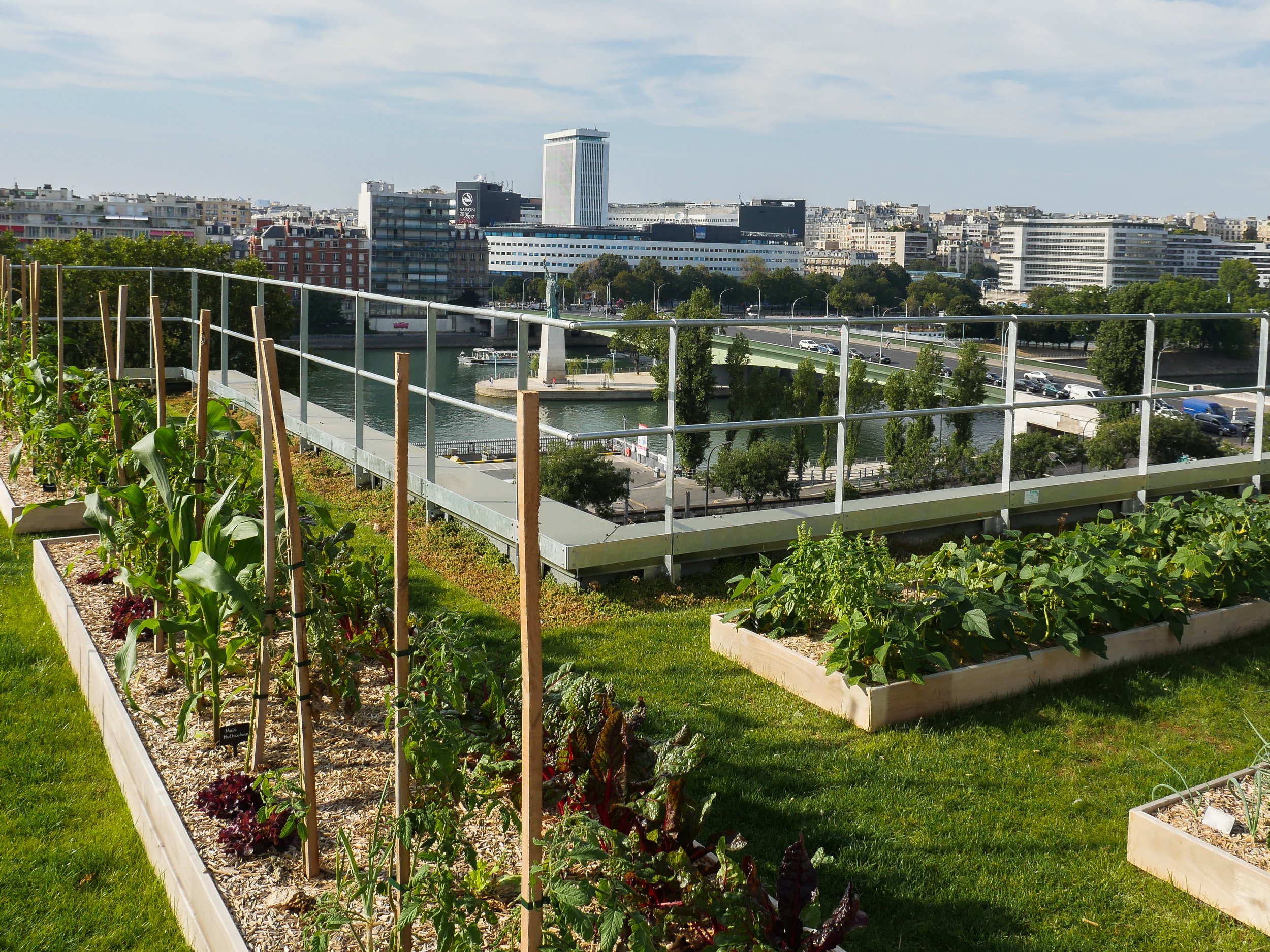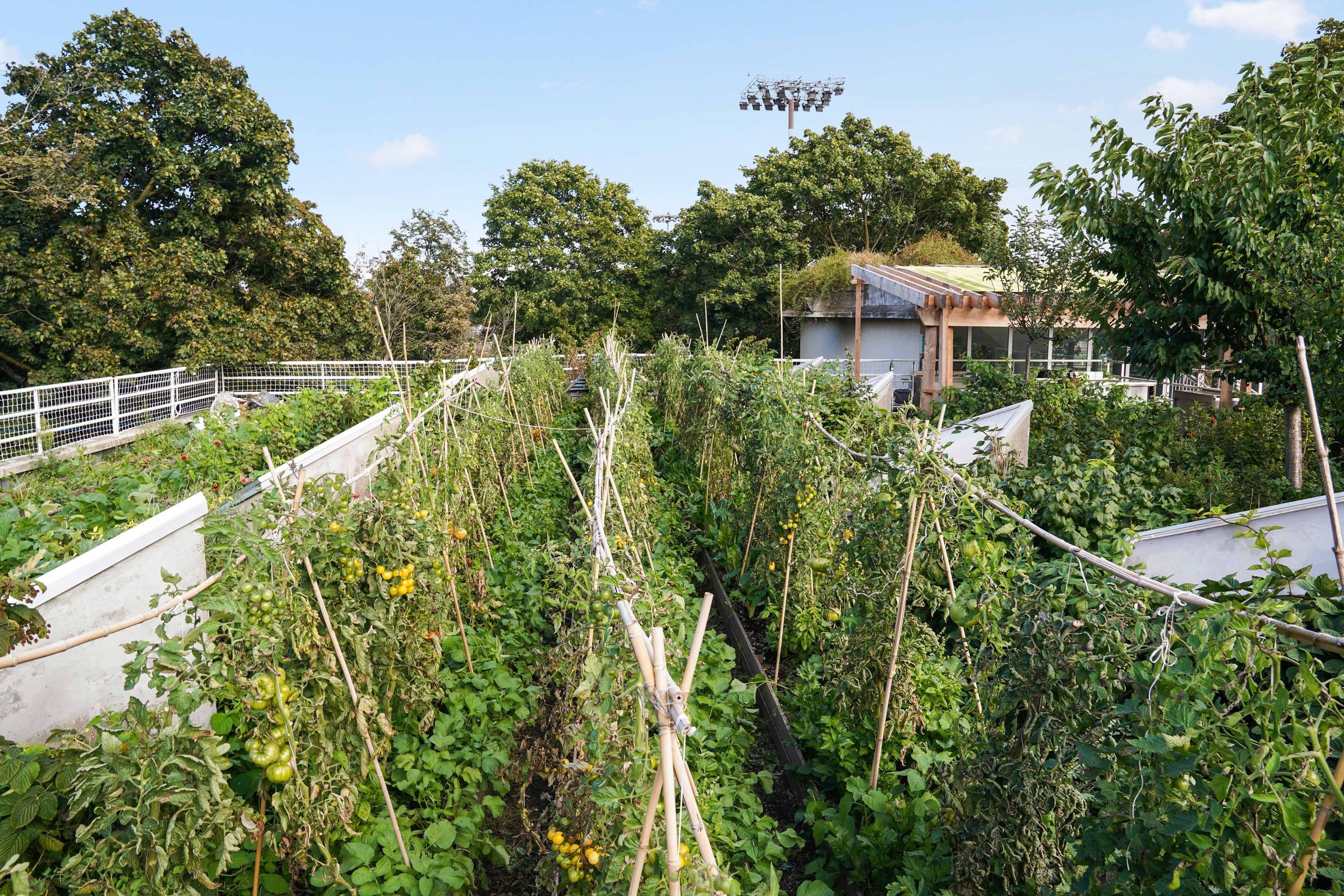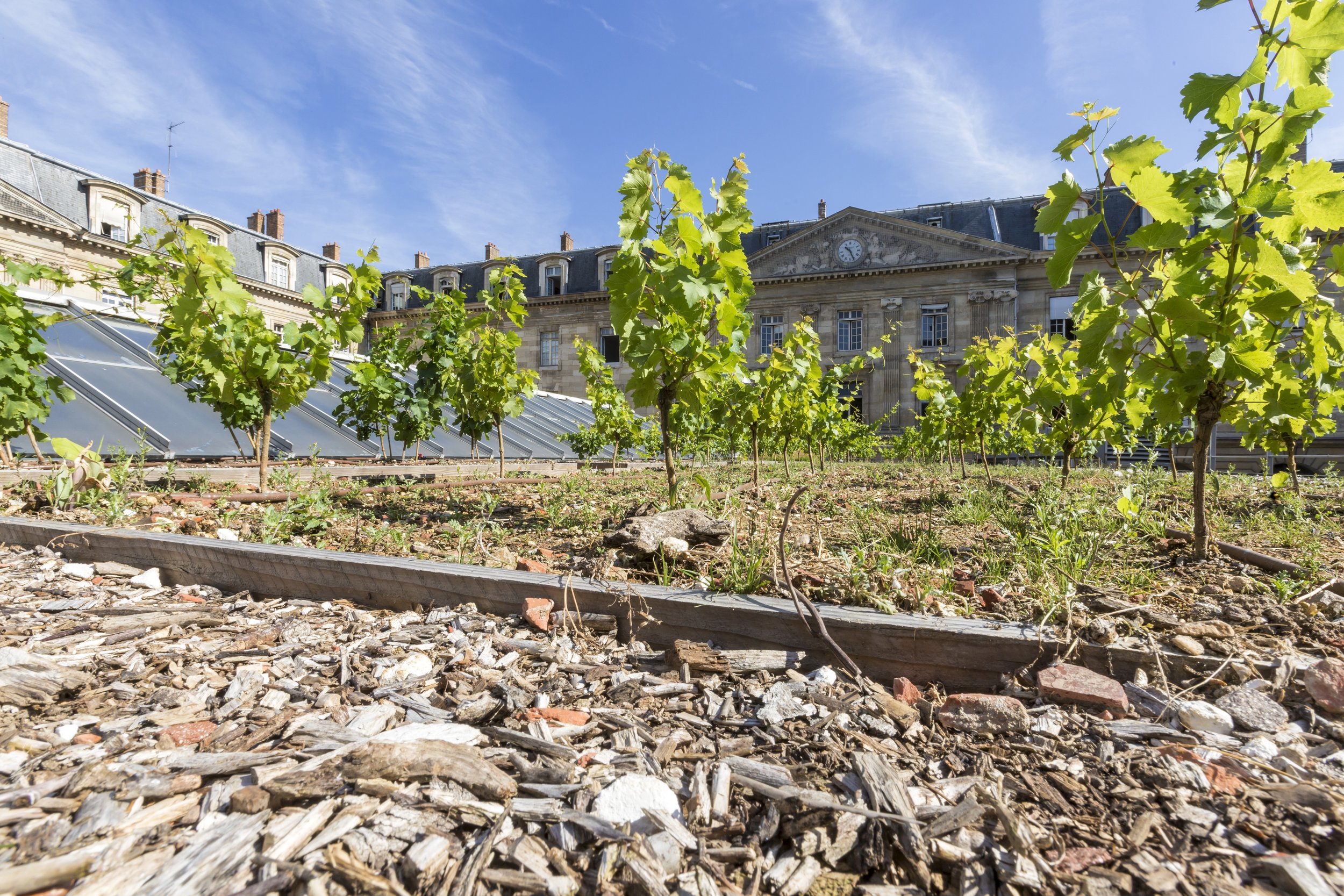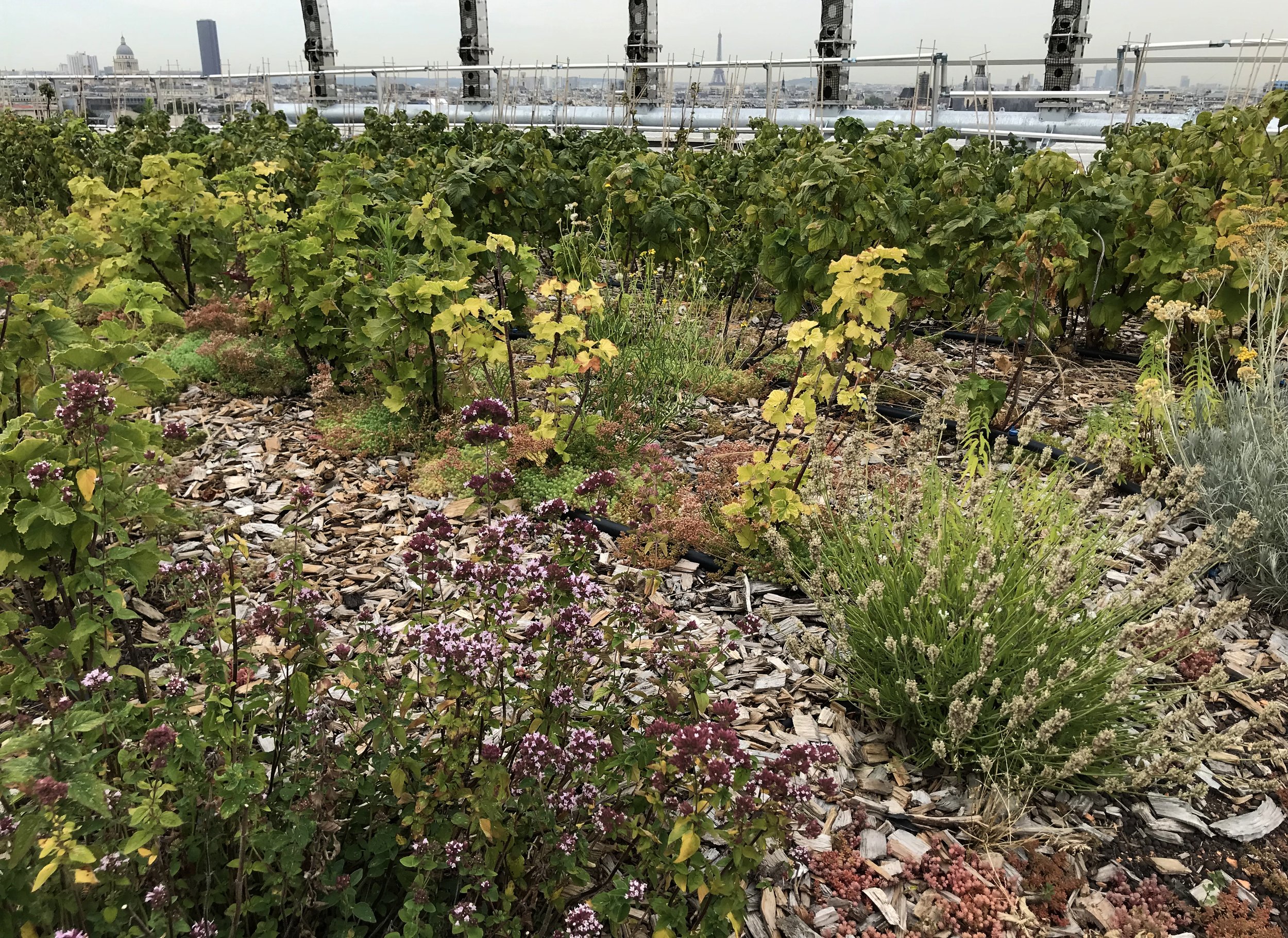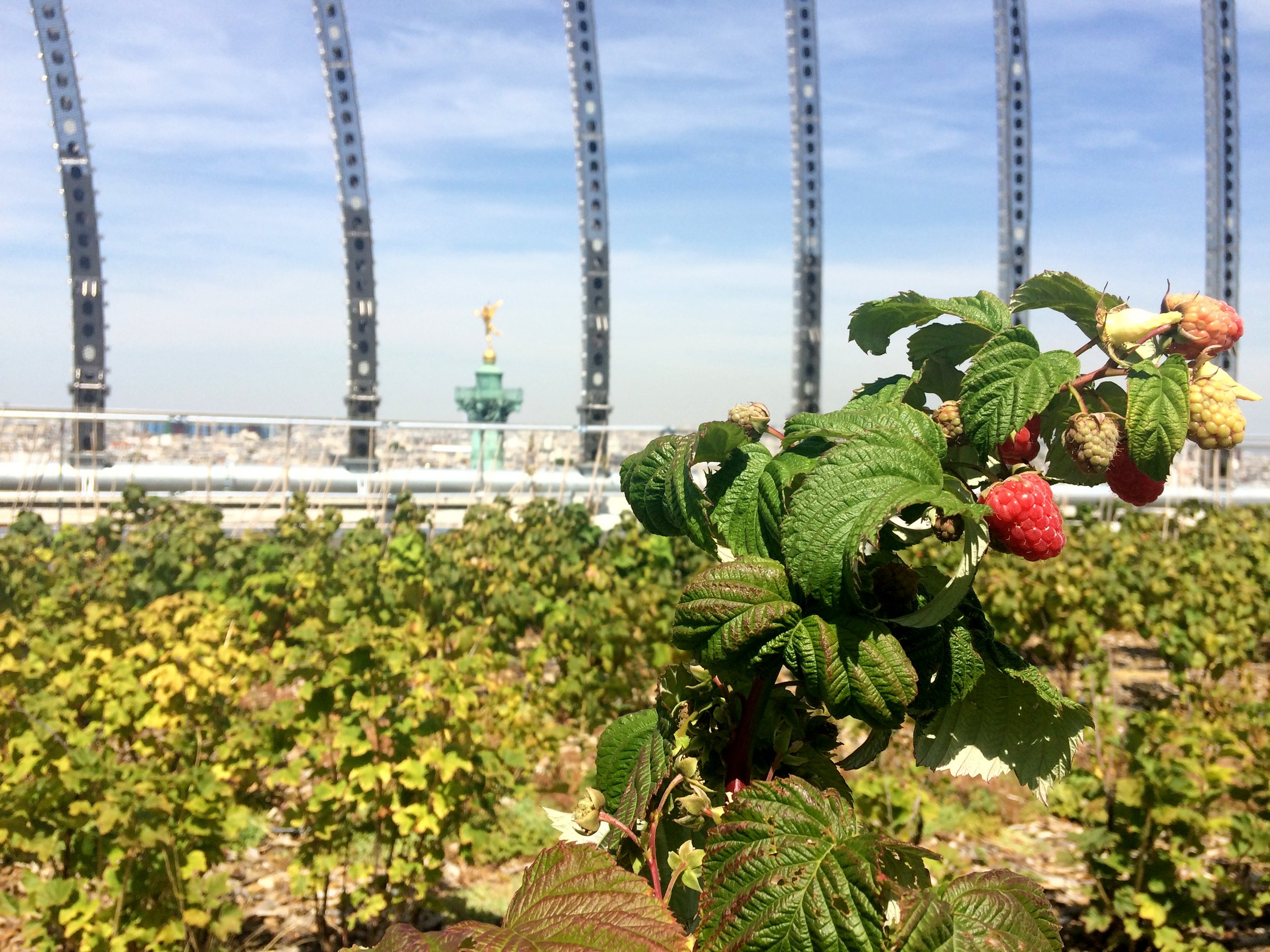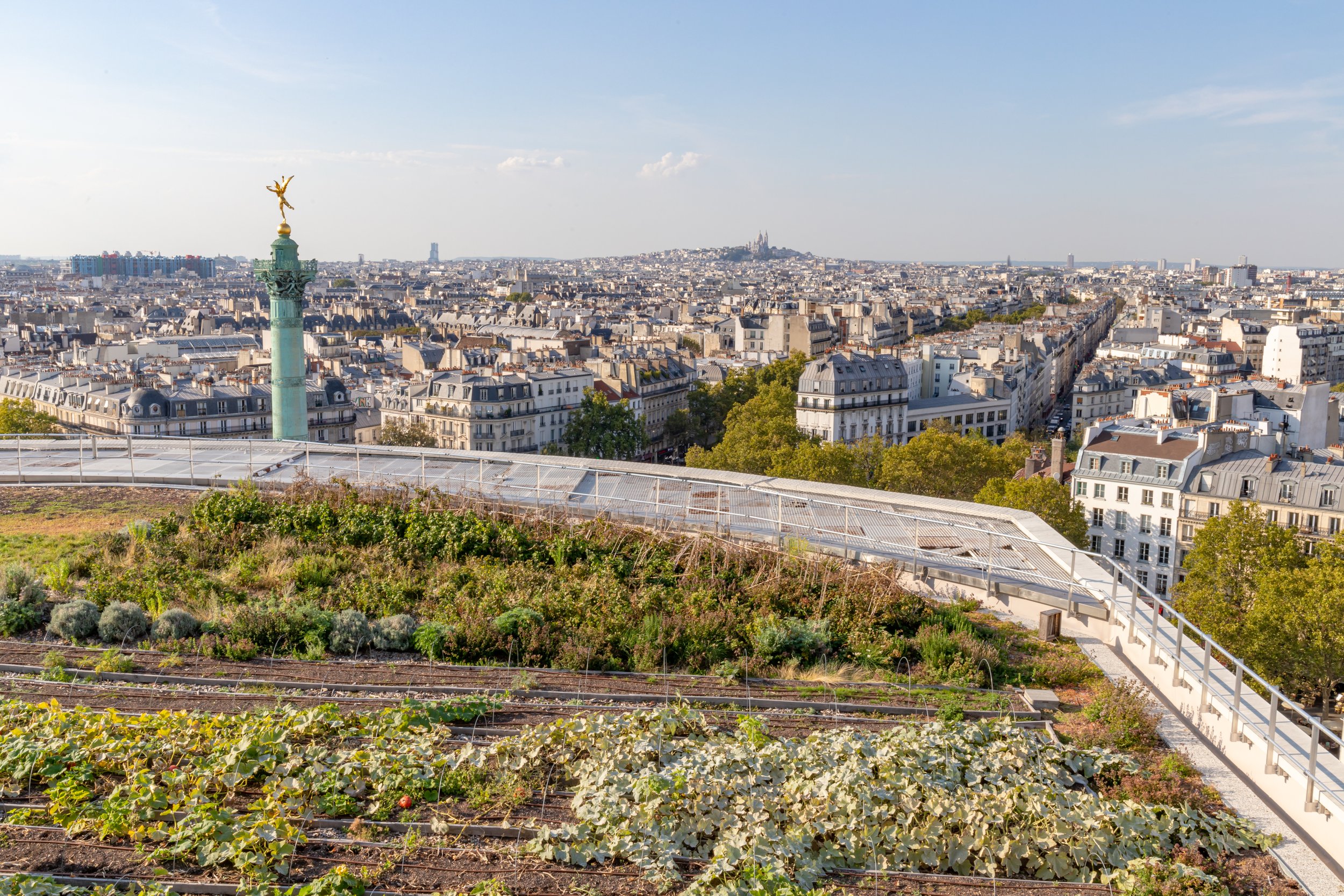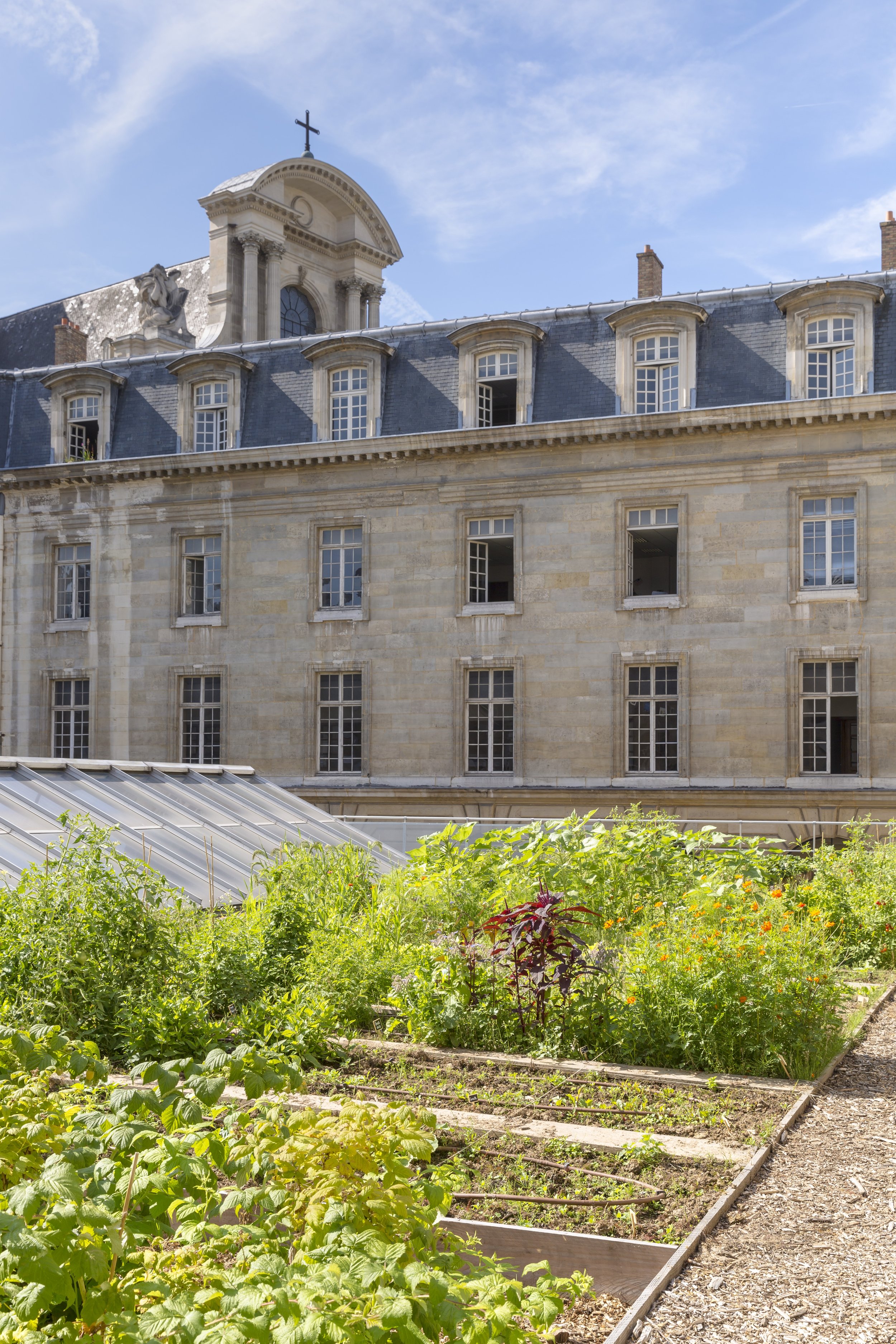Cultivating Change: The Role of Urban Agriculture in European Policy
Advertisement
Rooftop Garden growing a variety of vegetables.
Introduction
In the concrete jungles of our cities could take root a quiet revolution: urban agriculture. As we struggle with the challenges of food security, environmental degradation, and climate change, harnessing the potential of urban spaces for agricultural production can emerge as a solution. Urban agriculture has a myriad of benefits which could be delivered to people through a reevaluation of European policies.
Benefits of Urban Agriculture
Urban agriculture offers a broad range of benefits that extend beyond mere food production. Firstly, it fosters food security by bringing fresh, locally grown produce closer to urban dwellers, reducing reliance on long-distance transportation and mitigating the increasing risks associated with disruptions to global supply chains. Moreover, cultivating crops within cities promotes biodiversity as green spaces created through urban agriculture serve as habitats for diverse flora and fauna. Additionally, urban agriculture plays a pivotal role in mitigating climate change. By converting impervious surfaces, vacant lots, rooftops, and walls into productive green spaces, carbon sequestration is enhanced, while reducing the urban heat island effect and mitigating stormwater runoff, thereby increasing urban resilience to extreme weather events. Finally, engaging in urban agriculture fosters community cohesion and social inclusion. Community gardens and allotment schemes provide spaces for interaction, knowledge sharing, and skill development, forging stronger bonds among residents and promoting a sense of ownership and pride in local neighbourhoods.
European Policy and Regulatory Framework
While the European Union has made progresses in promoting sustainability through initiatives such as the Common Agricultural Policy (CAP) and the European Green Deal, these frameworks have largely overlooked the potential of urban agriculture. The upcoming European institutions, following the elections in June 2024, must reassess this oversight and explore all possible avenues to integrate urban agriculture into EU policies.
Urban Farming Sustainability, Concept Captured, Milan
The CAP, traditionally focused on rural agriculture, and the broader European Green Deal have failed to adequately consider the unique opportunities presented by urban agriculture. As such, there is an urgent need for the new European institutions to revisit these policies and provide regulatory and financial incentives for urban farming initiatives. Also, urban policies and regional cohesion policies should place much greater emphasis on urban agriculture as a means to promote sustainable urban development and address pressing societal challenges. By allocating resources and providing targeted support for urban agriculture projects, regional authorities can contribute to the creation of healthier, more resilient cities.
A recent fact sheet by the European Commission highlights the importance of agri-research in advancing urban agriculture. This document underscores the need for coordinated efforts to harness research outcomes and integrate them into policy and practice. Over the past years, urban agriculture has received some support for research and innovation through programs such as Horizon Europe. This support has yielded a wealth of knowledge and technological advancements relevant to urban agriculture. The support must be valorised in translating research findings into practical solutions and scaling up innovative urban farming techniques.
Advertisement
There are, for example, areas such as Controlled Environmental Agriculture (CEA) that could leveraging Horizon Europe funded research. CEA is a promising technology to advance urban agriculture while reducing reliance on traditional land-based agriculture. It encompasses practices such as hydroponics, aquaponics, and vertical farming and allows for year-round production in controlled environments. Listen to the Sustainable Futures podcast #14 with Dickson Despommier.
An inspiration for us all could be Paris where in order to encourage residents’ engagement and promote urban greening, urban agriculture is promoted through Parisculteurs, as well as a series of other initiative ranging from food programmes to reconnect Parisians with local products and creation of community gardens to educational farms, including the Ferme de Paris (municipal farm), greening permits and the Breuil horticultural school that trains future urban farmers, among others.
One of the great tools made available by the Parisculteurs initiative is a toolbox that aims to provide those interested in establishing an urban farm with all the practical knowledge necessary to develop an agricultural project in Paris and its surroundings. The toolbox helps navigate the technical and regulatory aspects of establishing an urban farm, from ideation to implementation, and provides information related to established farm operations and programming.
The toolbox includes information on the technical and regulatory framework related to the built environment and urban planning, legislation specific to urban agricultural operations, information on the Paris urban farming ecosystem, legal and financial setup best practices, and important dates for project development and public tenders.
As a result of these initiatives, today Paris has more than 220 sites of urban agriculture, of which more than 70 have been supported via public tenders. Over 6 years Paris has tripled the surfaces dedicated to urban agriculture to reach a total of 30 hectares.
Conclusion
Urban agriculture holds promise as a catalyst for sustainable urban development in European cities. Following the results of the European Elections early June, a new European institutional term will start for 5 years. European decision-makers have therefore the chance to reevaluating existing policies and create enabling conditions for urban agriculture to flourish and deliver greener, healthier, and more beautiful cities for all.
Advertisement
Luigi Petito, 49, father of two, is an expert in European public affairs. He is based in Brussels, cross-roads for international affairs and the European Institutions. In 2019 he was invited to establish and lead the European (EU) Chapter of the World Green Infrastructure Network. Since then, he follows EU policy and regulatory developments related to green infrastructure and advocates for a systematic integration of green infrastructure in urban areas.
